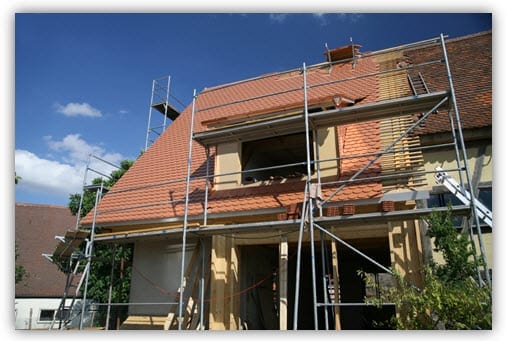The state is reminding people about regulations regarding deductible discounts from contractors.
The state of Minnesota is working with a number of large organizations to remind people about homeowners insurance regulations and what coverage behaviors are allowed.
Severe thunderstorms in the summer often have people calling insurers to ask about their coverage.
Though homeowners insurance policies will typically cover a number of different types of damage from severe weather, there are some rules that must be observed when choosing a contractor to perform the repairs. The Better Business Bureau of Minnesota and North Dakota (BBB) is working with the state to try to ensure that people use the best process for choosing their contractor.
Right now, the main focus of the BBB and the Minnesota Department of Labor and Industry’s Construction Codes and Licensing Division (CCLD) is to warn consumers of the state law that has been in place since 2010. This regulation says that contractors are not allowed to advertise or say that they will pay all or part of the deductibles of a customer’s homeowners’ insurance claim.
Contractors also cannot promise to provide a homeowners insurance deductible rebate.
According to the CCLD Licensing and Enforcement Services Unit manager, Charlie Durenberger, “The reason this law was passed was to protect consumers and insurance companies from contractors who might inflate repair costs in order to pay the homeowner’s deductible.”
Contractors had previously been artificially ballooning the prices they were charging to the homeowners insurance companies so that they would be able to pay the deductible for the policyholder. This was causing the cost of coverage to increase for everyone and was leading to higher premiums overall.
The new homeowners insurance law of 2010 gives the CCLD more enforcement abilities.
When contractors are found to have been offering to pay homeowners insurance deductibles, in whole or in part, for the customers, they could face a number of different types of penalty. They could include anything from a suspension or revocation of their contractors’ license, and/or a fine that could be as high as $10,000. These practices are being continually monitored by the industry, and a major part of this is keeping consumers informed.


